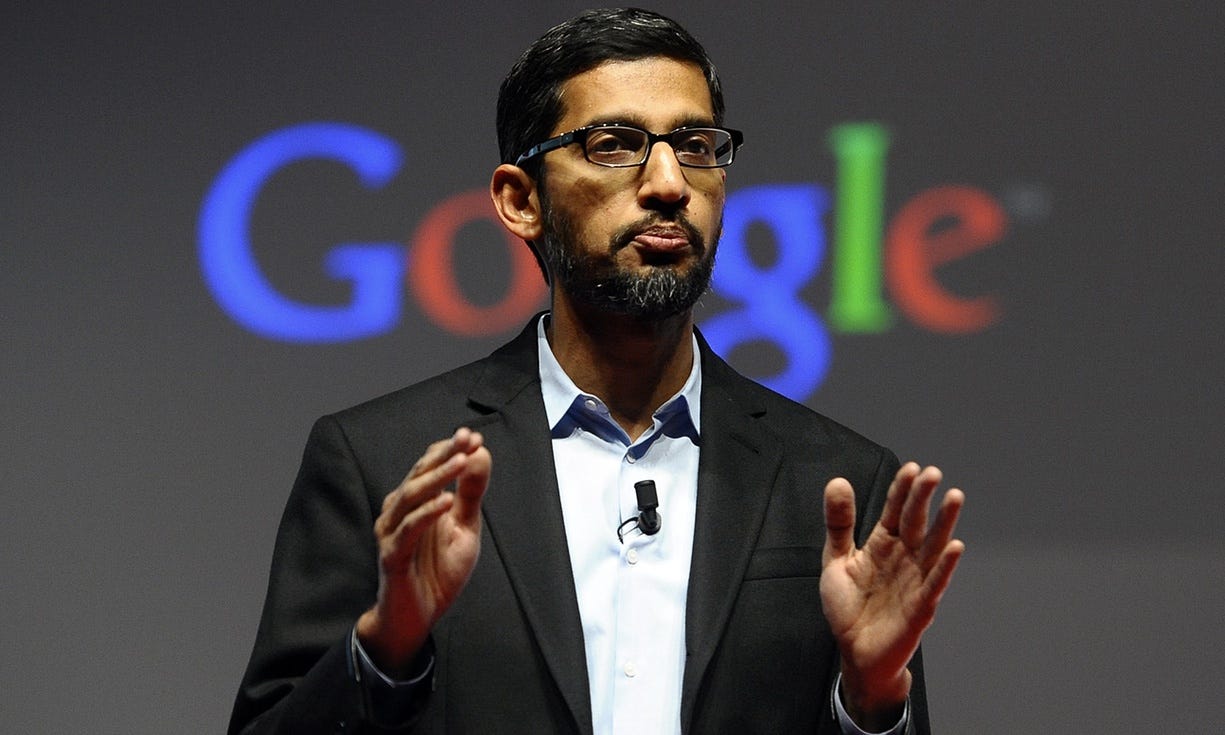A US federal judge has ruled that Google spent billions on exclusive deals to maintain an illegal monopoly on search, marking a significant victory for the Department of Justice (DoJ) in its efforts to address Big Tech’s market power. Judge Amit Mehta, who has overseen the case in Washington for four years, labeled Google a “monopolist” in a 286-page decision released on Monday, finding the company in violation of US antitrust laws.
The ruling follows a week-long trial in which the DoJ argued that Google paid tens of billions annually for anti-competitive deals with wireless carriers, browser developers, and device manufacturers, notably Apple. These payments, which solidified Google as the default search engine, totaled over $26 billion in 2021, according to the decision. Google, which dominates over 90% of online searches, contended that it faced significant competition and that its success stemmed from the quality of its products.
US Attorney General Merrick Garland hailed the ruling as a “historic win for the American people,” emphasizing that “no company — no matter how large or influential — is above the law.” Jonathan Kanter, head of the DoJ’s antitrust division, described the decision as “landmark,” noting it “holds Google accountable” and “paves the path for innovation for generations to come” while protecting information access for all Americans.
In Google’s response, its President of Global Affairs, Kent Walker, announced that the company plans to appeal the decision. He criticized the ruling, stating it “recognizes that Google offers the best search engine but concludes that we shouldn’t be allowed to make it easily available.” The case will now proceed to a second phase to determine appropriate remedies, with potential penalties focusing on curbing Google’s exclusive deals.
This decision represents the most significant victory against Big Tech by US antitrust enforcers in decades. The DoJ, under Kanter’s leadership, has pursued major cases against tech giants, including a second case against Google regarding alleged monopolistic control of the digital advertising market, set to begin next month. The Federal Trade Commission, chaired by Lina Khan, has also filed lawsuits against Amazon and Meta.
Google’s long-standing agreement with Apple to make it the default search engine on iPhone’s Safari browser has faced intense scrutiny, with unsealed documents revealing Google paid Apple $20 billion in 2022 alone. This sum represents a substantial portion of Apple’s $85 billion annual services business.

The case also examined contracts between Google and other entities, including browser developer Mozilla, Android smartphone makers Samsung, Motorola, and Sony, and wireless carriers AT&T, Verizon, and T-Mobile. Judge Mehta highlighted the “sheer magnitude” of Google’s search volume compared to rivals, noting that Google’s distribution agreements significantly hinder competition. He criticized these agreements for denying competitors “scale,” which is crucial for developing and sustaining a search engine.
A Google competitor, Yelp, praised the ruling and urged the court to “stop its exclusionary conduct,” suggesting that Google should be required to spin off services boosted by its illegal monopoly. Mehta did find that Google did not hold monopoly power in the search advertising market as alleged, and he criticized the company for its efforts to evade regulatory scrutiny, though he did not impose penalties for this behavior.
Following this ruling, Alphabet’s shares fell 4.6% on Monday amid a broader market sell-off.




